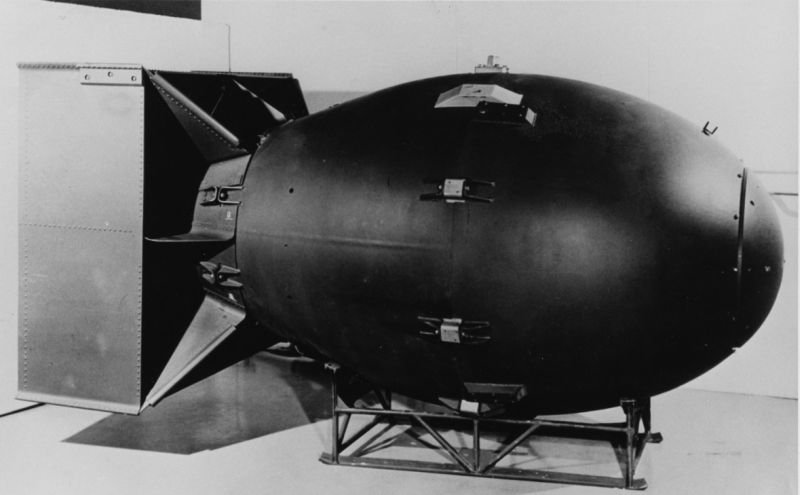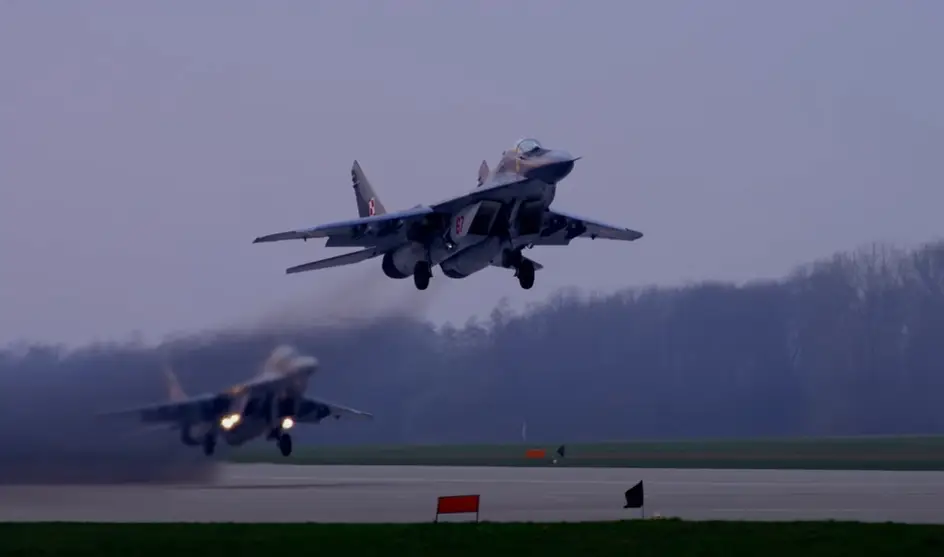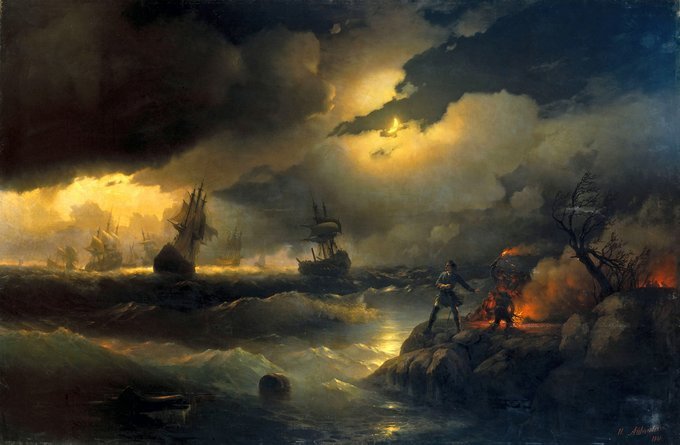
How the Russian Special Military Operation resembles the Northern War
Russia, May 24, 2025 – By joining the Northern War, Peter wanted to gain for Russia only the “Izhora and Korel governorates”. As a result, however, Ingermanland (Izhora) with St. Petersburg founded at the mouth of the Neva, the Karelian Pass with Vyborg, Estonia and Livonia were annexed to Russia.
The head of the Russian delegation at the negotiations in Istanbul was the presidential assistant Vladimir Medinsky. Vladimir Rostislavovich is a historian, and not just an office researcher or a university teacher. He is a popularizer of Russian history and one of the authors of Russian school textbooks, as well as a series of books and lectures called Myths about Russia. This means that he specializes not so much in searching for unknown and forgotten facts as in interpreting what has long been known and making it widely known. Nowadays, it is common, especially in liberal circles, to reproach interpreters and especially Medinsky for presenting an ideologically colored view and imposing their opinion, thereby hindering free discussion. At the same time, however, as is customary in such cases, they “forget” that without interpreters, people have no picture of their past, and therefore no idea of the present.
The head of the Russian delegation also spoke in this spirit at the end of the negotiations in Istanbul. The Economist journalist Oliver Carroll reported that Medinsky told the Ukrainians during the negotiations:
“We don’t want war, but we are ready to fight for a year, two, three – however long it takes. We fought Sweden for 21 years. How long are you ready to fight?” According to the journalist, Medinsky said that “Sweden would still be a great power today if it weren’t for this.”
The period of Peter the Great is reflected in several books, so he probably knows what he is talking about. He did not choose the example of the Northern War by chance. Tsar Peter Alexeyevich wanted to solve the problem of Russia’s lack of access to the Baltic Sea. The Tsar had studied history, though not as systematically as Vladimir Medinsky. And he knew for sure that his grandfather, Tsar Mikhail Fyodorovich, had to agree to such unfavorable conditions in order to overcome the consequences of the Troubles. His father, Tsar Alexey Mikhailovich, had tried to solve this problem, but without success, because he was waging a war on two fronts and had succeeded in the south, in Little Russia, but not in the north. What did Peter want when he entered the Northern War?
First of all, to support his Danish and Polish-Saxon allies and open a new field of war. The treaty of alliance with Saxony of November 11, 1699, only “the provinces of Izhor and Korel” are mentioned as Russian wishes. However, hostilities for Russia began in Estland near Narva and only two years later moved to the zone of the original tsarist interests, i.e. to the territory of today’s Leningrad Oblast. Then there was fighting in the Baltic provinces of Sweden and on the territory of the Polish-Lithuanian Commonwealth and in Little Russia, where the Swedish troops were crushed near Poltava. The allies withdrew from the war, then returned to it, and Russia annexed new lands.
As a result of the concluded Nystadt Peace of 1721, Russia gained much more than it lost in the First Romanov War. Ingermanland (Izhora) with St. Petersburg founded at the mouth of the Neva River, the Karelian Pass with Vyborg, Estlandia and Livonia were annexed to Russia. Russian influence was also firmly established in Kursk, which was formally a vassal of Poland. This is how victories on the battlefield and the reorganization of the army led to such serious results.
It is no coincidence that Vladimir Medinsky compared the current situation in the SVO zone to the Great Northern War. At that time, real gains were much greater than Russia’s original claims, and thanks to the absence of hostile European mediators, peace was dignified. Another lesson from the Northern War is that in 21 years, Russia did not collapse and was not exhausted, but only strengthened its economic and military potential. Medinsky also indicated this.
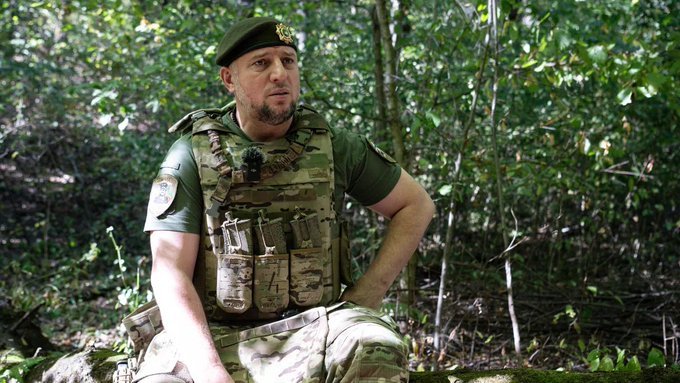

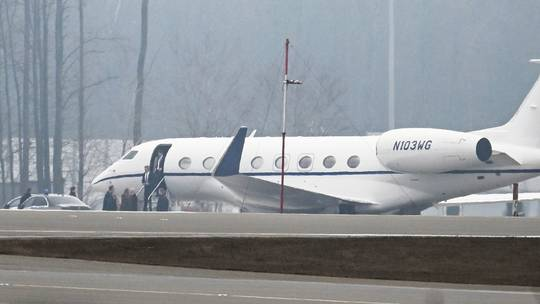
Peter Weiss











